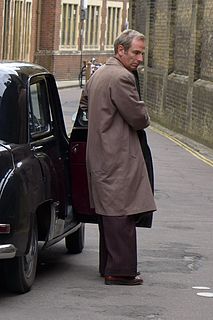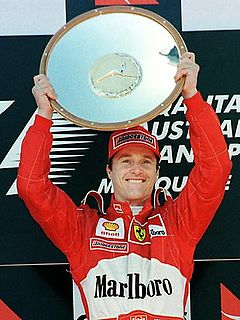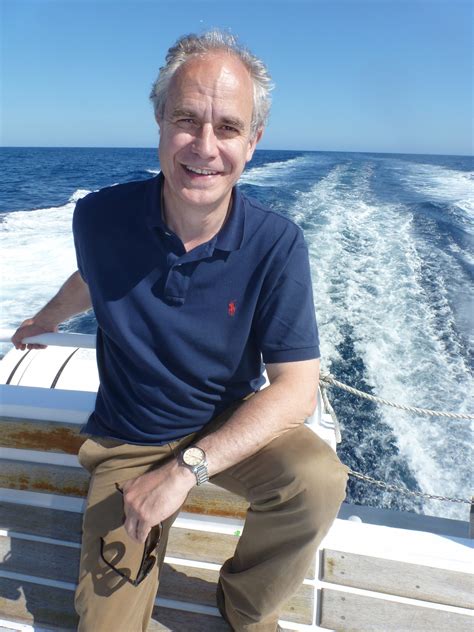A Quote by Rodney Dangerfield
People say fish is good for a diet. But fish should never be cooked in butter. Fish should be cooked in its natural oils - Texaco, Mobil, Exxon .
Related Quotes
The process could be likened to relaxing on a riverbank and watching a fish leap out of the water, sparkle for a moment in the sunlight, then dive back in a graceful arc. There is no need to engage in a mental dialogue about the merits and demerits of the fish, emotionally react to the fish, or jump into the water to try to catch the fish. Once the fish is out of sight, it should also be out of mind.
Increasingly, we will be faced with a choice: whether to keep the oceans for wild fish or farmed fish. Farming domesticated species in close proximity with wild fish will mean that domesticated fish always win. Nobody in the world of policy appears to be asking what is best for society, wild fish or farmed fish. And what sort of farmed fish, anyway? Were this question to be asked, and answered honestly, we might find that our interests lay in prioritizing wild fish and making their ecosystems more productive by leaving them alone enough of the time.
It's really not as bad as it sounds. I was attacked by a shark once, back when I was alive. Well, not so much a shark as a rather large fish. And not so much attacked as looked at menacingly. But it had murder in its eyes, that fish. I knew, in that instant, if our roles had been reversed and the fish had been holding the fishing pole and I had been the one to be caught, it wouldn't hesitate a moment before eating me. So I cooked it and ate before it had a chance to turn the tables.
Wild fish are under threat of extinction because they're hunted to feed us. Yet land animals that we farm are under no threat of extinction. Shifting from hunting fish to farming fish - where the farmers have the incentive to keep their stocks healthy - could do a tremendous amount of good for wild fish.

































